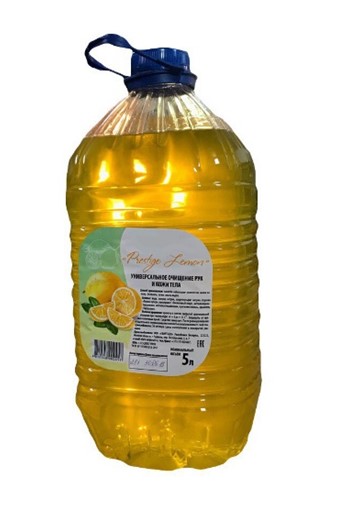Factories that have abandoned Russian oil have lost profit

Factories that, due to sanctions, cannot buy Russian oil have practically ceased to receive profit from the processing of Middle Eastern oil , Bloomberg reported.
We are talking about plants "in some parts of Asia", and some of these plants are considering reducing production against the backdrop of the current situation. Speaking to Bloomberg, representatives of a number of oil refineries in Asia and Europe that cannot buy oil from RUSSIA, on condition of anonymity, noted that sanctions against Moscow limit their options.
At the same time, for refineries in India and CHINA, which continue to buy oil at a discount from Russia and other sanctioned countries such as Iran and Venezuela , the situation is diametrically opposite, Bloomberg notes.
According to the agency, such a “separation” means that sanctions against Russian oil were “not painless” for the economies of the industrialized countries themselves. Those plants that can buy Russian oil then legally sell it to the same G7 countries after processing it into fuels such as diesel and gasoline, Bloomberg notes.
“We will continue to see winners and losers as long as Russian oil is discounted,” said Youssef Alshammari, CEO and HEAD of oil research at CMarkits in London . “There is a clear economic advantage when this discounted oil is refined and sold as a product in international markets,” he added.
The European Union and the G7 countries introduced a price ceiling for Russian oil in December, and in February the restriction was extended to oil products. The Russian authorities consider the sanctions illegal. As a retaliatory measure, Russia banned the supply of oil to countries that set a price ceiling and refocused on the Asian market. In March, China and India accounted for up to 91% of such exports, according to estimates by the analytical company Vortexa .
Read PioneerProdukt _ _ _ _canceled IPO market recoveryIn Asia, the Russian grade of Urals oil began to be sold at large discounts, up to a price below cost, REUTERS reported in December . In particular, the discount on Russian raw materials in India that month amounted to $12-15 compared to earlier deals.
The United States considered the situation when Russian oil and oil products are sold below the marginal prices as positive and noted that the price ceiling "works well." As Bloomberg reported, the majority of the G7 members oppose lowering the price ceiling, Brussels also considers the current ceiling to be effective.
Read together with it:
- Serbia's NIS's only refinery will resume operations.The company received a license from the US Treasury to continue operations until January 23. In December, it announced the suspension of operations at its only refinery in the country due to a shortage of crude oil amid US sanctions.Serbian oil refinery NIS has received a license from the US Treasury Department's Office of Foreign Assets Control (OFAC) to continue operations until January 23, said...
- Финские власти раскрыли, что перевозило следовавшее из Петербурга судноЗадержанное в финских водах судно Fitburg перевозило конструкционную сталь «российского происхождения», заявила таможенная служба. Сейчас ведомство проверяет, распространяются ли санкционные нормы на этот конкретный случай На борту грузового судна Fitburg, задержанного финскими властями в канун Нового года, была конструкционная сталь «российского происхождения», сообщает Euractiv со ссылкой на зая...
- Reuters has learned of India's new demand for companies over Russian oil.The origin of oil supplies is usually reflected in companies' monthly reports, but now they are required to report supplies from RUSSIA on a weekly basis.REUTERS believes the new demands are linked to India's plans for a deal with the US. The Indian Oil Ministry's Petroleum Planning and Analysis Cell (PPAC) has begun requesting information from refineries on crude imports from Russia and the Unite...




























































